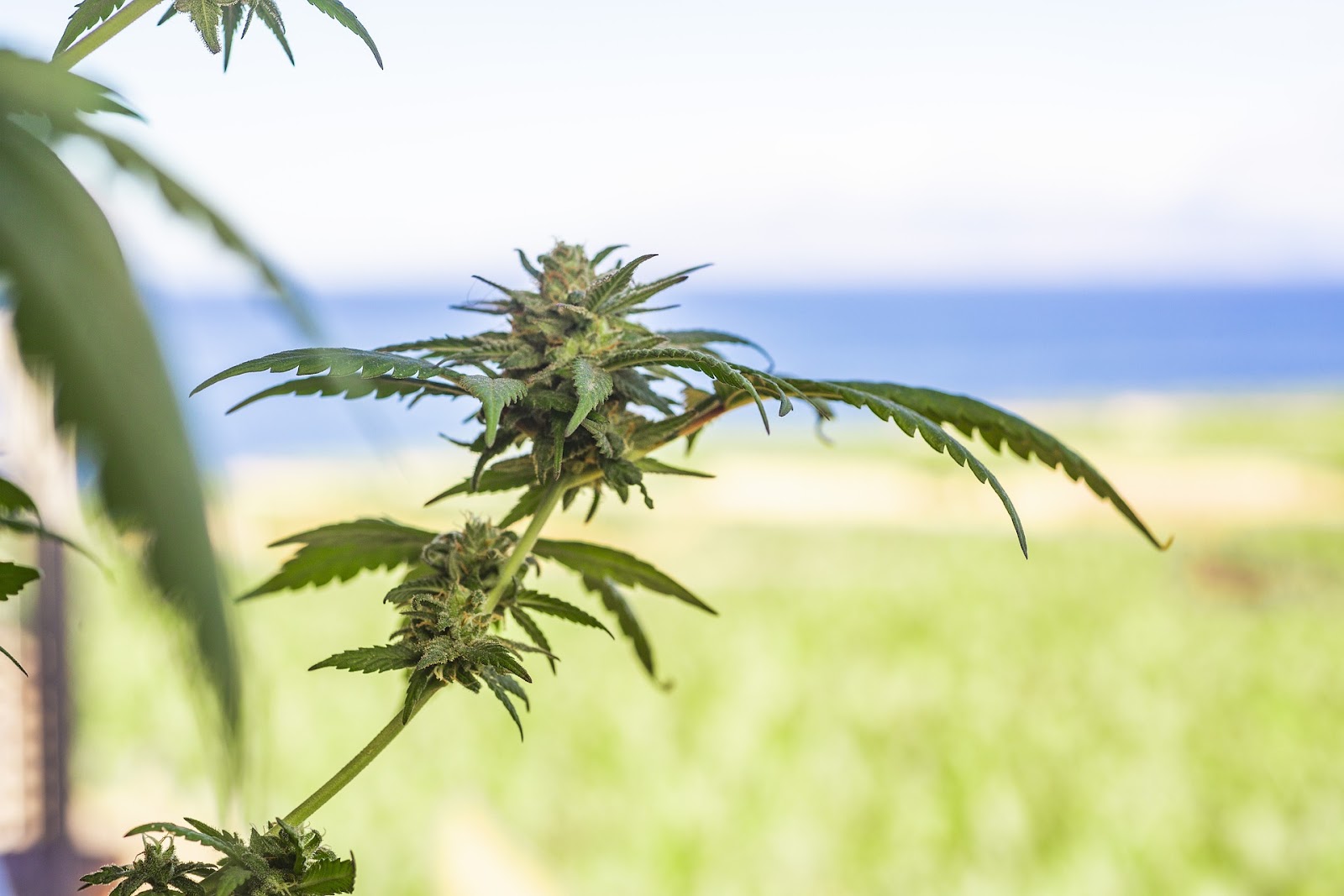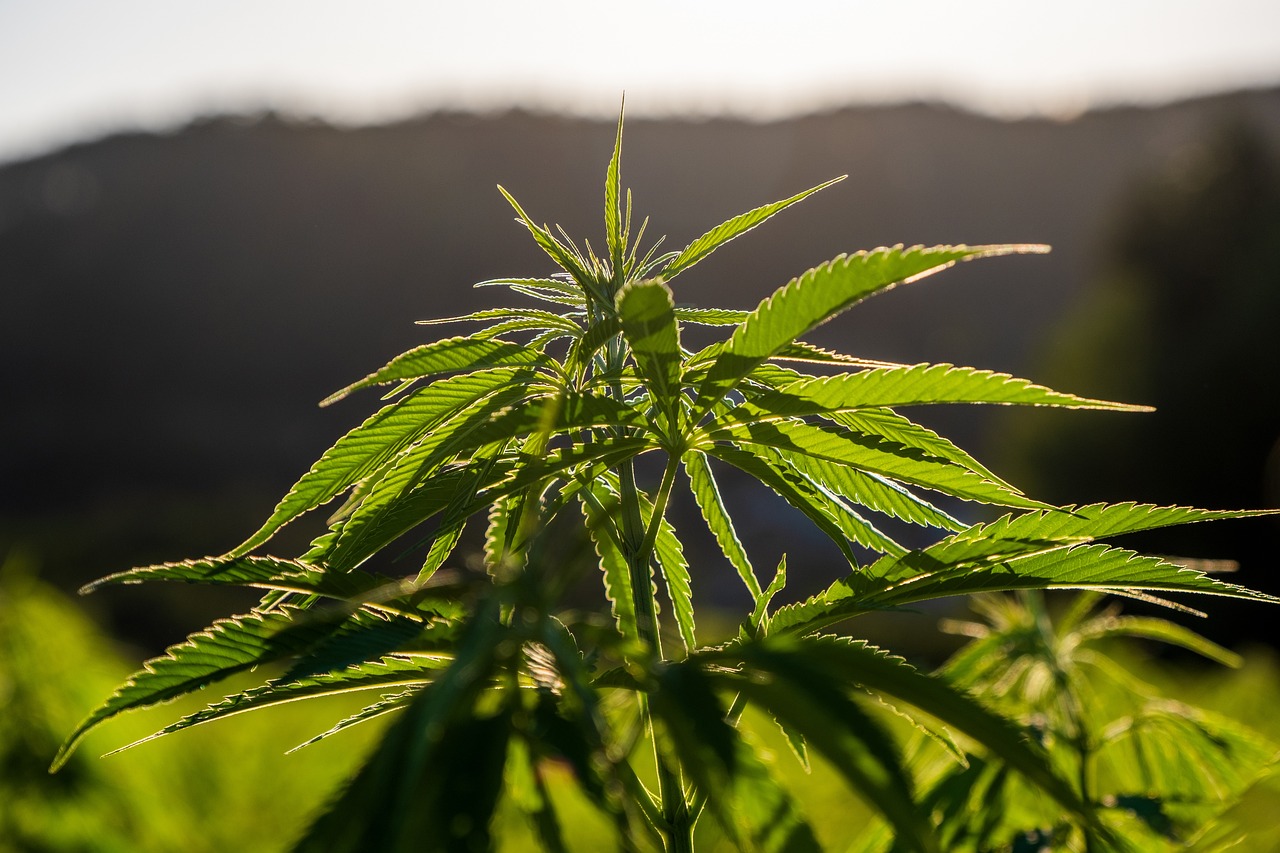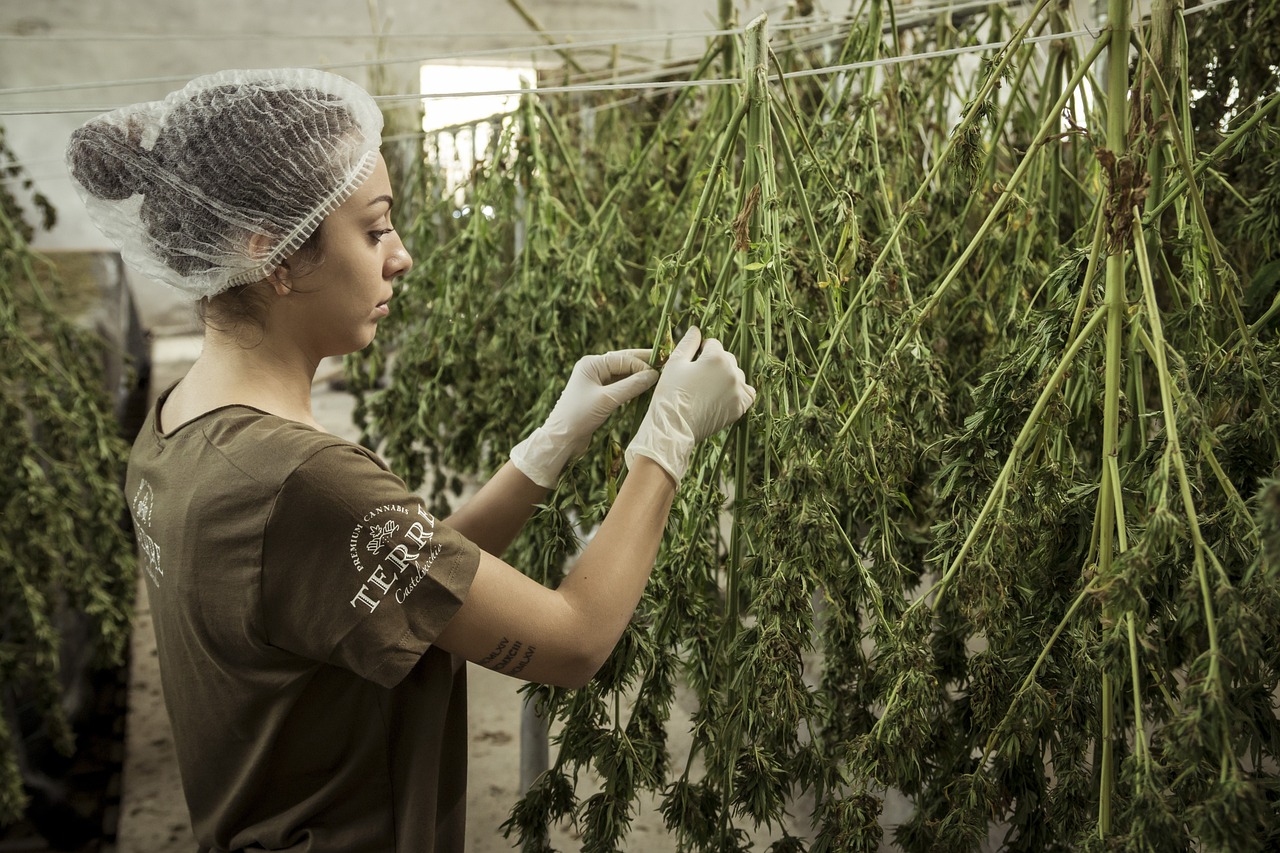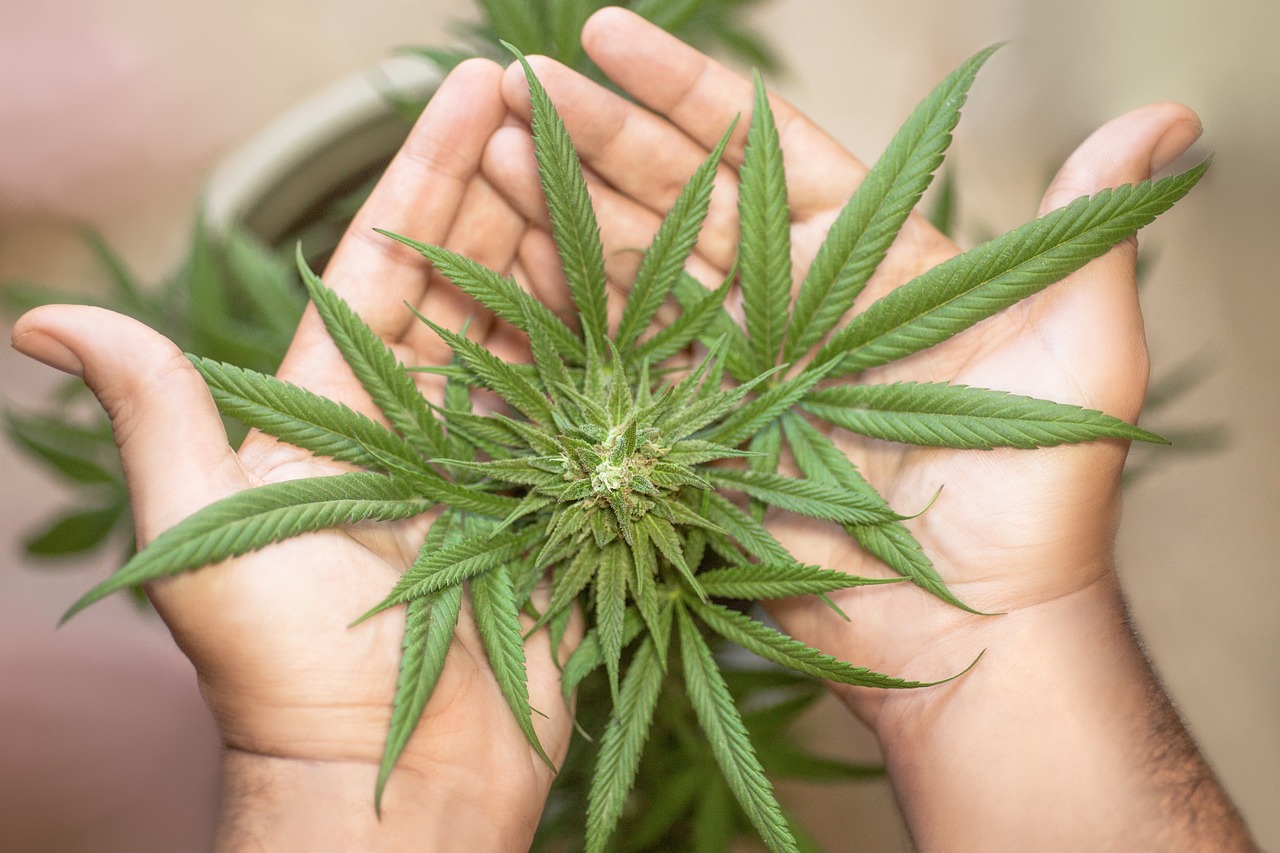Recent Oregon state funding has proved instrumental in combatting illicit cannabis cultivation and curbing illegal water use in Southern Oregon. The efforts, which include the enforcement of water regulations by the Oregon Water Resources Department, led to a significant reduction in water violations on cannabis grows in the region. This is all according to Scott Prose, assistant watermaster for the department’s southwest region.
Prose commended the progress achieved during a presentation to the Jackson County Board of Commissioners. “The education, the work you guys have done, just code enforcement, just the collaboration, all of that is adding up, in my opinion, to a pretty big decrease, which is great,” Prose stated.
The Water Resources Department visited 146 cannabis sites in Jackson County as a part of these efforts. Thirty-one of the cannabis sites failed the visit. The most significant decline in violations occurred among legal cannabis growers, attributed to better education and compliance.
Concerns have been raised, nevertheless, about how state funds are allocated. Danny Jordan, the administrator of Jackson County, voiced his displeasure with the amount of funds used to suppress illegal marijuana activity. He mentioned cases where money was taken from Jackson County and given to other counties in an attempt to get a share of the state’s one-time grants for law enforcement. “Where we have 146 cannabis sites, they have five, and the allocation of funds to me was not done fairly based on the workload.”
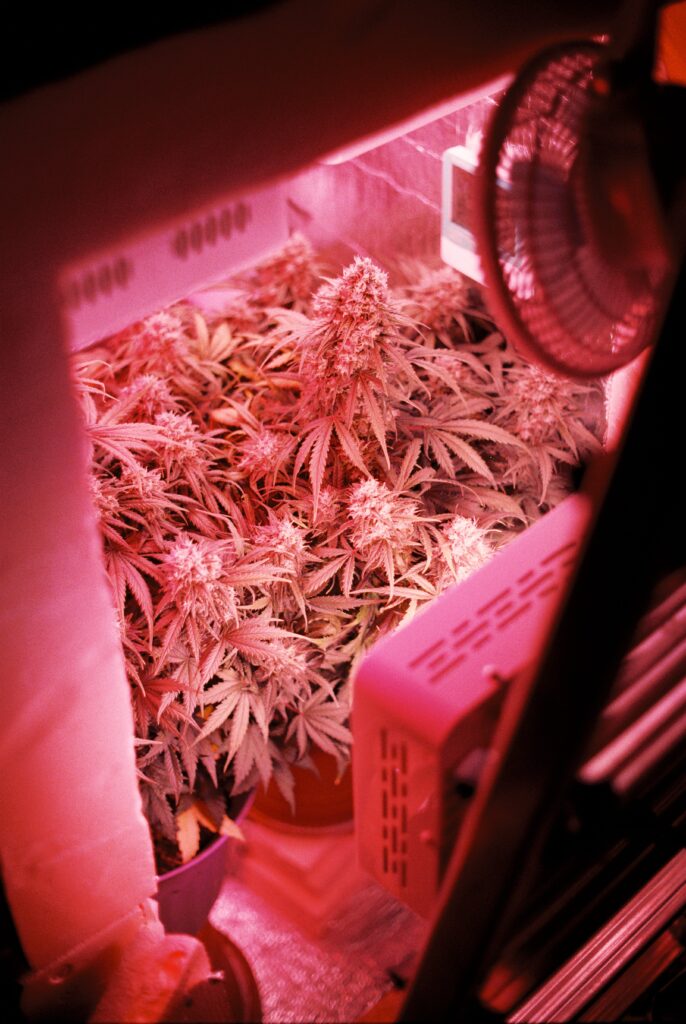
The county has faced some limitations in allocating law enforcement resources to the extent desired because of these funding issues. According to the Oregon Criminal Justice Commission, Jackson County received approximately $10 million from the Illegal Marijuana Market Enforcement Grant program last year. $7.5 million of the ten were designated as one-time funds.
To address the problem, the Oregon Water Resources Department has been working closely with Jackson County law enforcement. They collaborate with county code enforcement teams, the federal Drug Enforcement Administration, and local law enforcement. These partnerships make it easier to gain access to properties and to exchange local knowledge about cannabis farming practices.
This year, the Water Resources Department announced multiple new requirements for marijuana producers. They are now obliged to submit a detailed plan showing how and where they plan to obtain water for their operations. This proactive approach played a pivotal role in preventing water violations before they occur. The department, bolstered by a $5 million state appropriation in 2021, was also able to efficiently process these applications, further contributing to reducing water-related violations.
The combination of increased education, enhanced collaboration, and stricter regulations has generated a noticeable decline in illegal cannabis grows and water violations in Southern Oregon. While concerns remain about the equitable allocation of resources, the collective efforts of state and local agencies demonstrate progress in combating this complex issue. The region is working tirelessly to protect its natural resources and maintain the integrity of its legal cannabis industry.






































































